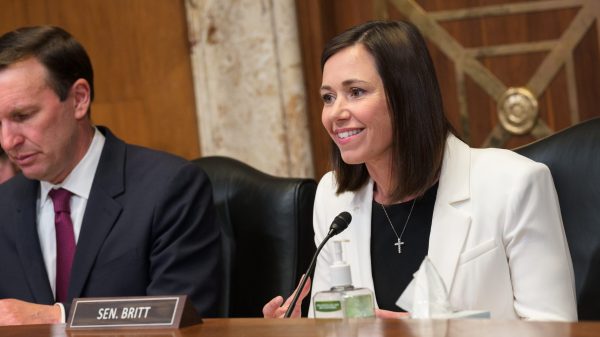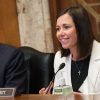|
Getting your Trinity Audio player ready...
|
In the wake of abortion being banned in Alabama, and the Alabama Supreme Court banning in vitro fertilization until the state legislature overrode their ruling, reproductive rights organizations have begun pointing to several troubling trends for the Alabama healthcare system.
A report released in May by the American Association of Medical Colleges found that the number of applications for OB-GYN residencies in Alabama fell by 21.2 percent between 2022-2023 and 2023-2024.
Across all states where abortion has been banned in the aftermath of Dobbs v. Jackson Women’s Health Organization, OB-GYN residency applications fell by an average of 6.7 percent. While the total number of residency applications in the 2023-2024 cycle fell slightly, nationwide the number of OB-GYN residency applications actually rose 0.6 percent.
“There are a large number of folks who want a medical education and want to practice medicine, but they don’t want to do it in states where some of the basic services are illegal to provide,” explained Stephen Stetson, the Alabama state director of Planned Parenthood Southeast. “When it comes to people studying medicine and wanting to establish a practice here, you want a complete education and no one wants to go learn football under a coach where throwing a forward pass is illegal.”
“Alabama is getting a reputation as a place where certain kinds of healthcare are unwelcome,” he told APR. “We have known before any of that stuff that we had a healthcare crisis, that we are already among the worst health care rankings in the country.”
A 2022 report from March of Dimes, a maternal health-focused nonprofit, classified 22 of Alabama’s 67 counties as “maternity care deserts:” lacking “a hospital or birth center offering obstetric care and without any obstetric providers.”
That report was released only months after Dobbs was decided, and after Alabama’s abortion ban went into effect, and more reproductive healthcare centers have closed over the last couple years. Planned Parenthood Southeast closed a Mobile clinic and several hospitals across the state closed maternity units in 2023.
Stetson said we can already see the major costs of these trends: “Human beings are dying because of policy decisions that are being made in Montgomery.”
“You have to have the providers in the communities where the people live,” he said. “A decrease in the number of providers is obviously going to decrease the quality and quantity of healthcare available and that is also an economic development problem.”
Alabama has one of the highest maternity mortality rates in the nation. According to the National Center for Health Statistics, with 41.4 maternal deaths per 100,000 live births Alabama had the fourth highest rate in the country between 2018 and 2021. In 2022, Alabama was also in the top 30 percent of states by infant mortality, with 6.69 deaths per 1,000 live births.
In addition to the ban on abortion and the state Supreme Court’s ruling on IVF, the state government has also gestured at prosecuting anyone who helps people who leave Alabama to get an abortion.
In 2022, Attorney General Steve Marshall said an organization “promoting themselves out as a funder of abortions out of state … is potentially criminally actionable for us.”
The Yellowhammer Fund, an abortion advocacy organization that used to help people travel to abortion clinics, is involved in an ongoing lawsuit against Marshall.
Jenice Fountain, the Yellowhammer Fund’s executive director, told the Southern Poverty Law Center that the organization was “fully expecting that abortion would be banned in the state, but what we weren’t expecting was to be threatened not to fund or advise people where to go instead.”
If the decrease in the number of applicants for Alabama OB-GYN residencies continues as a result of the state’s policies, Alabama’s infant and maternal mortality rates seem likely to increase. Additionally, several studies have shown that closing centers and clinics focused on reproductive healthcare make it less likely for several types of cancer to be caught early.
“I love Alabama, I want to see it continue to grow,” Stetson said. “When you see people not wanting to set up shop and practice medicine here, when they’re afraid to even come to school here and they want to go get their education somewhere else, it has a terminal effect across all the other sectors.”






















































